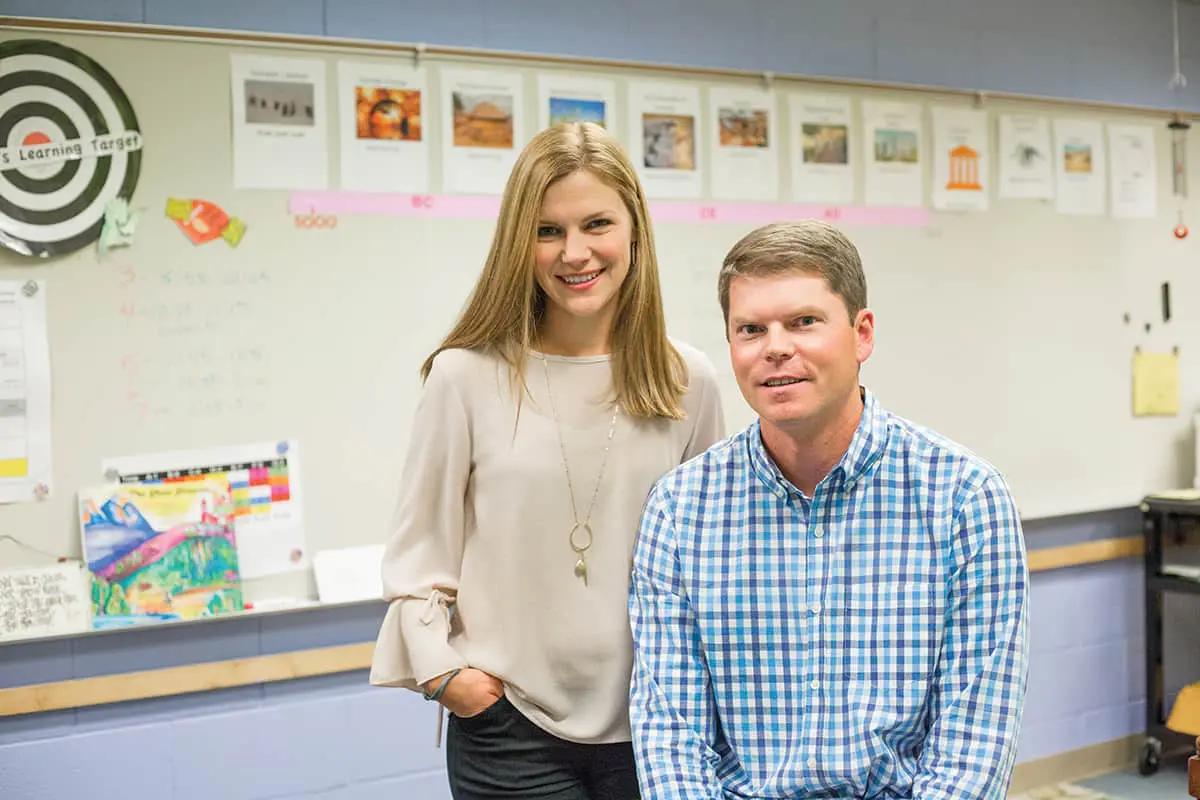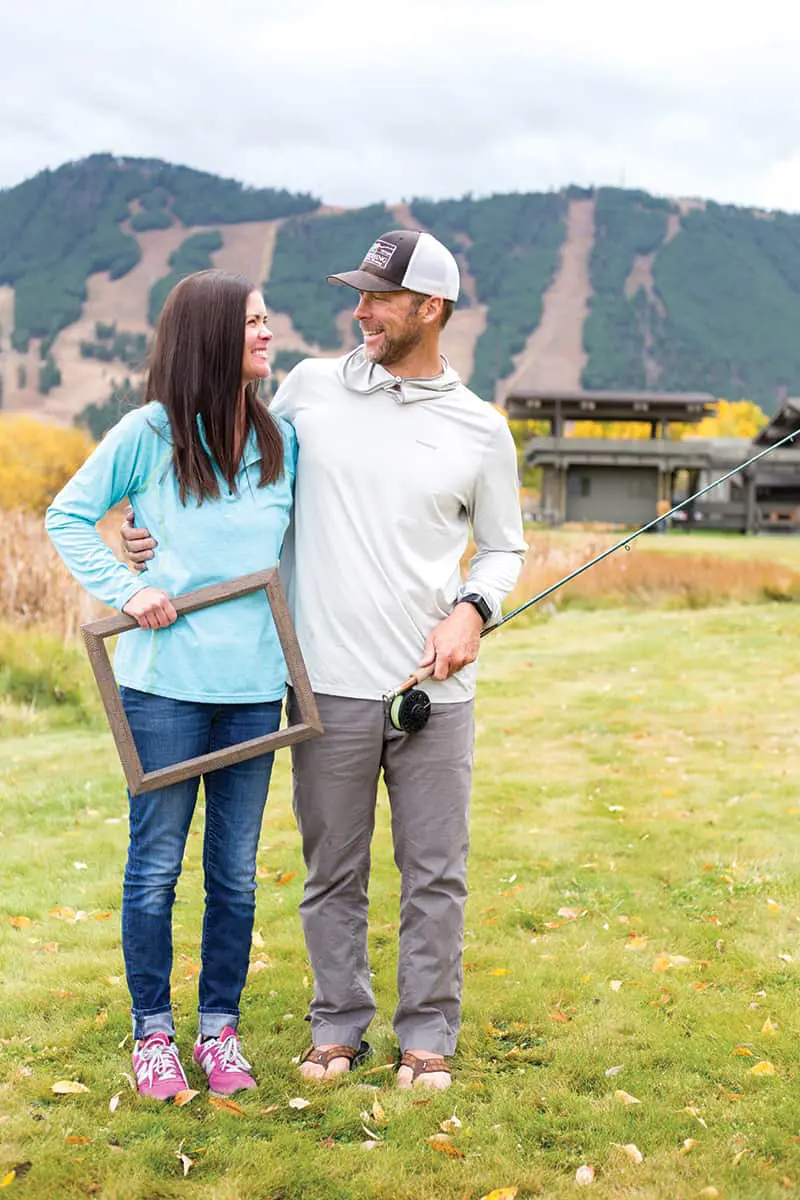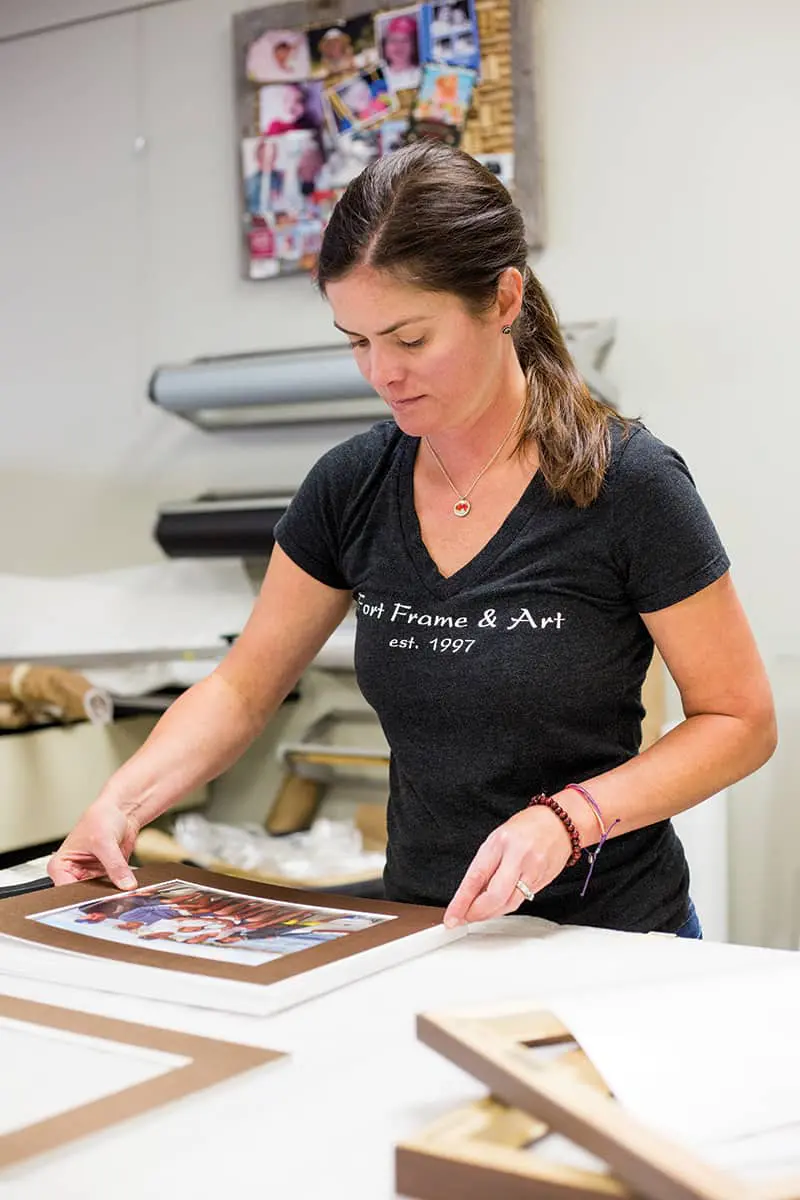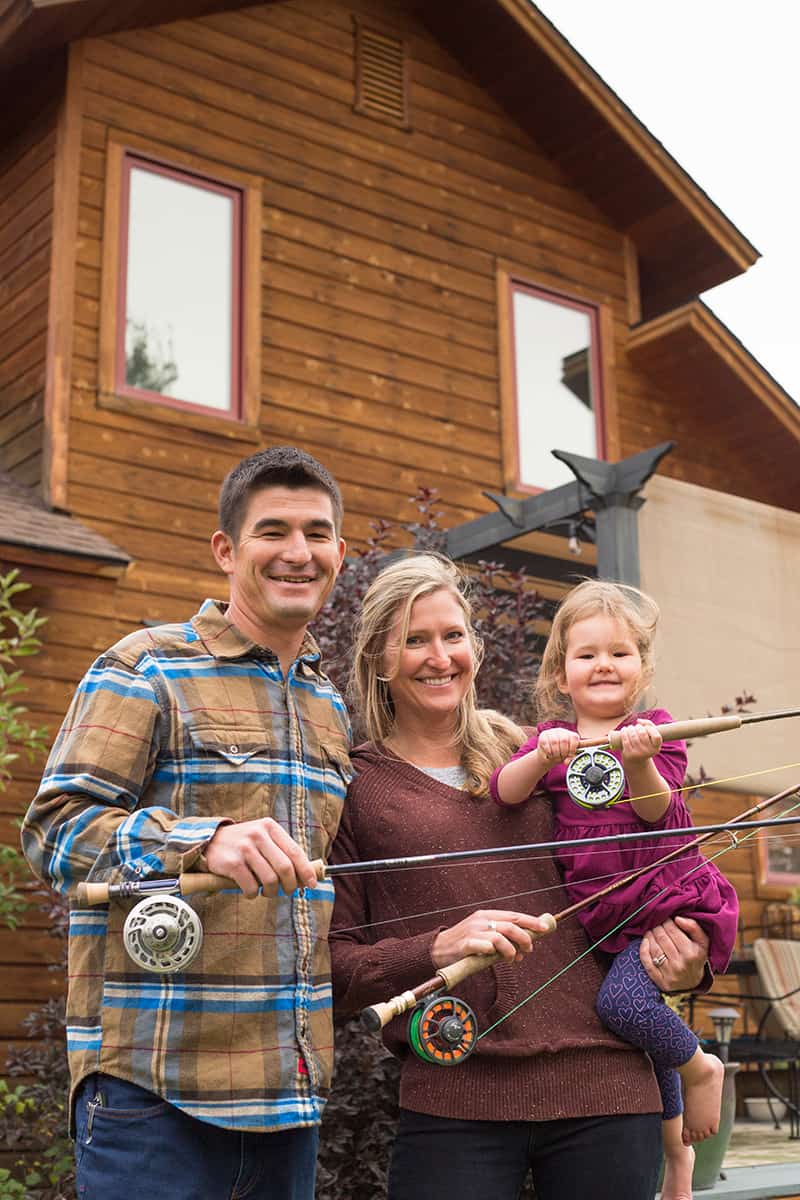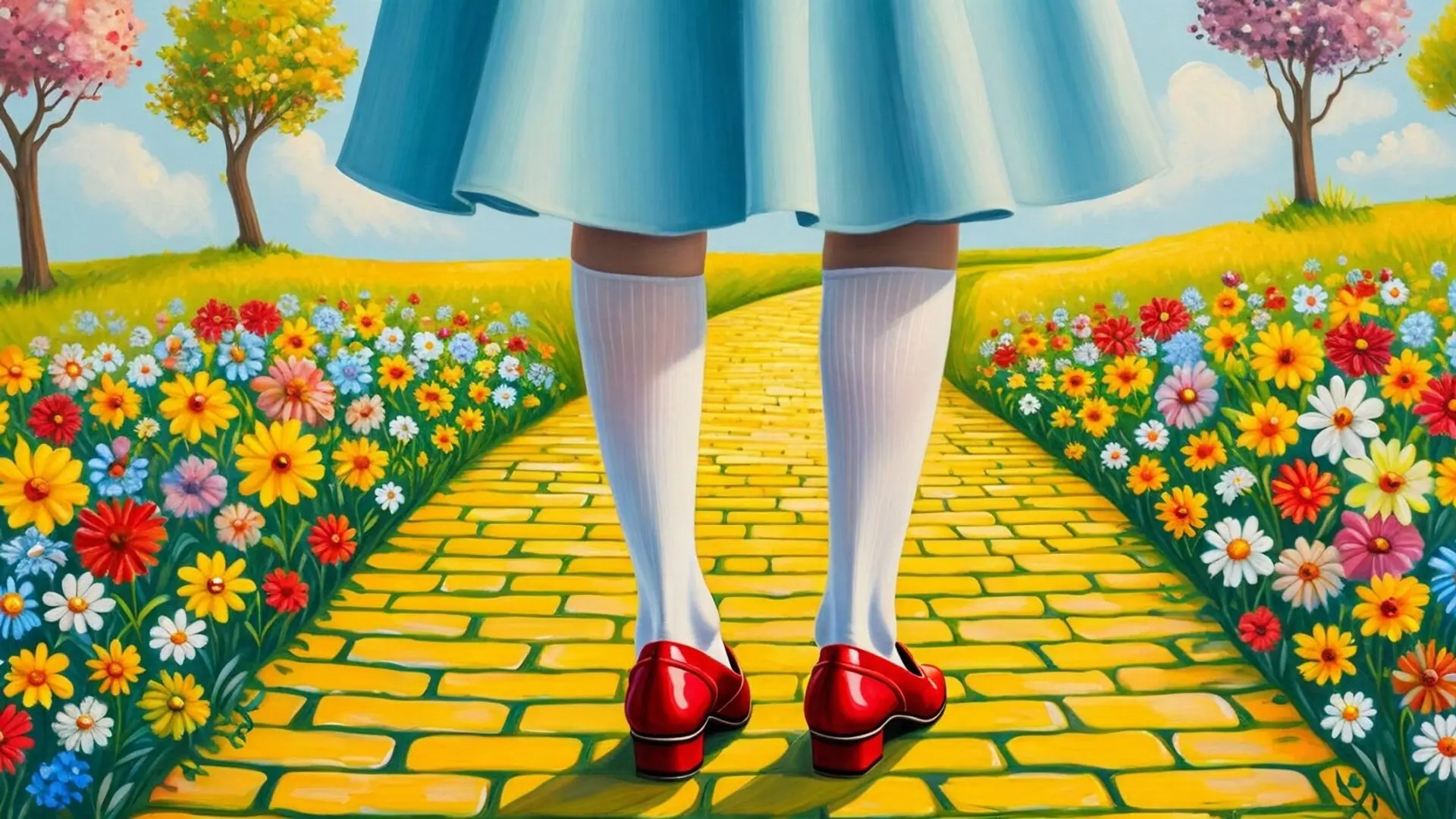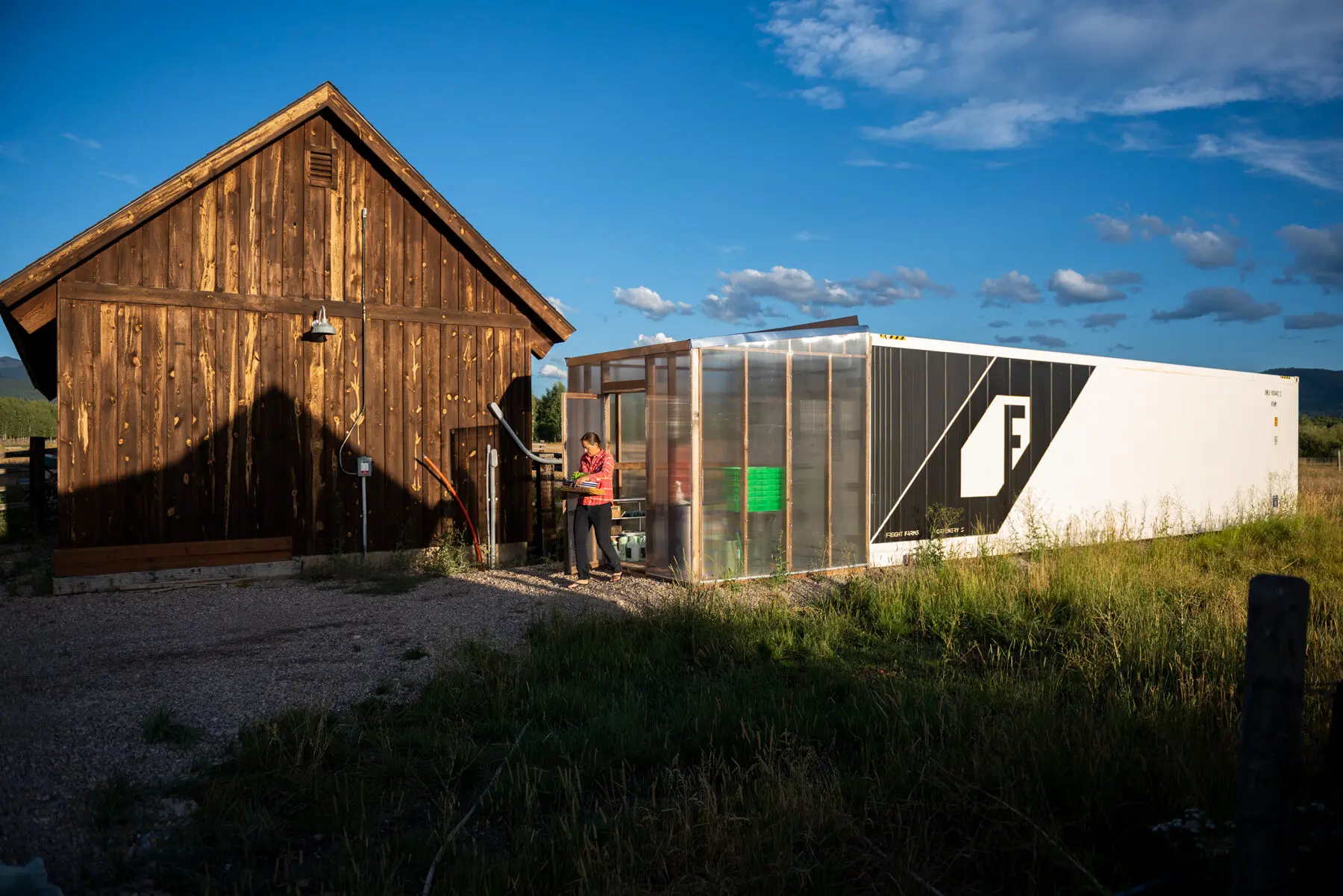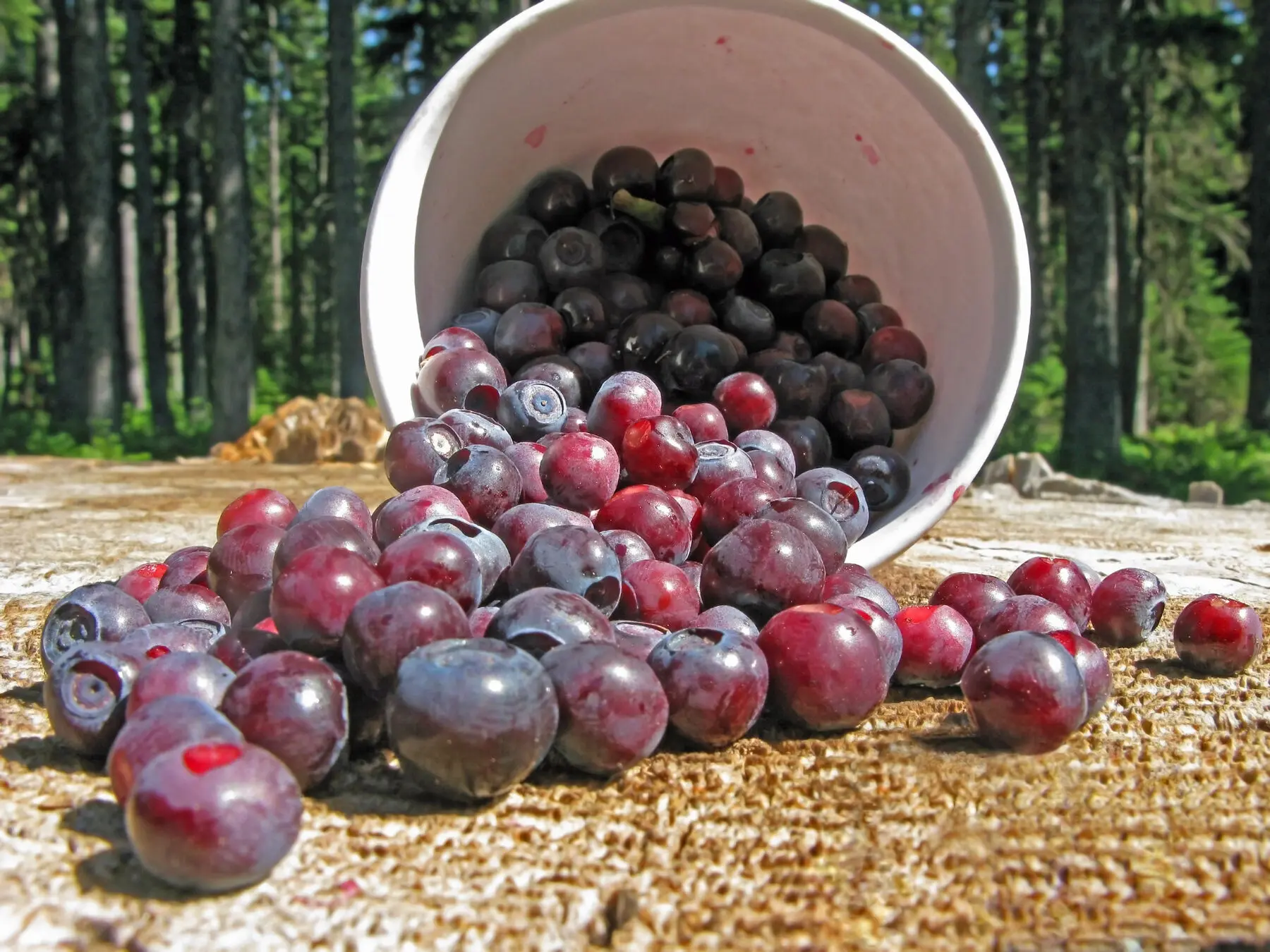By Kate Hull // Photography by Sofia Jaramillo
—
The answer to How did you end up here? is a hodgepodge of the same tune sung many different ways:
We came for the skiing.
We came for the fishing.
We came for the access to the outdoors.
Just insert your preferred activity, it seems, and there you have it: hundreds of individual paths guided toward calling the Tetons home.
But no matter the draw, the reason it feels like home most notably stems from the community vibe in both Jackson Hole and Teton Valley, Idaho.
Jackson Hole’s permanent resident population, according to Teton County Wyoming’s Comprehensive Plan, hovers at around 21,500. During the high times of summer and winter, somewhere around 5,000 and 3,000 mountain-chasing folks, respectively, are added to the mix. After a year or two of seasonal visits, a few decide to give it a go and make our mountain towns their permanent residence.
It’s a special community, no doubt. One with seemingly endless outdoor pursuits just outside the front door: annual events raising millions for local charities; some of the most renowned public lands and wildlife in the world; and top-tiered cultural opportunities—from plays to concerts.
But it’s also challenging to make ends meet. More than one-fourth of the region’s housing is occupied by non-working residents and just 56 percent of the workforce lives locally thanks to a tight housing market and high cost of living.
So what does it take to call Jackson your home? How do you go from touting the powder-hungry ski bum badge of honor to diving in and actually making it stick? I caught up with three local couples, all of whom headed out West and now find themselves intrinsically intertwined in the Teton community—as public office holders, teachers, volunteers, and local business owners. Here are their stories, as well as their advice for making the pieces fit.
Dana Allen Smith and Scott Smith
Scott Smith moved to Jackson part time in 1997 after working in Yellowstone National Park during a summer break from college. He settled here full time during the spring of 1998. “I came mostly for a life punctuated with recreation,” he admits. “I was an avid angler, mountain biker, and skier. And I was convinced if I could have the best of that lifestyle [during my days off], I could likely fill in the rest with good work and people.”
Dana traveled around the country in the spring of 1998 with two girlfriends from college. The trip included a stop in Jackson Hole. After the trip, her friends immediately returned to the mountains in an attempt to make them a temporary home, but Dana headed for Florida. Less than a year later, she visited Jackson again for a summer trip, fell in love with the area, and decided to stay. The now-married couple met at the former Rancher Saloon just three days after Dana arrived in 1999.
“The recreation was certainly a major draw for both myself and Dana, but the friendships we were making made it clear to give this place some time,” says Scott. “The Tetons have a unique way of stirring you up from the inside. Still, to this day, we never tire of looking up or spending time underneath the range.”
Scott now owns and manages Grand Teton Fly Fishing (formerly known as Jack Dennis Fishing Trips). He started working in the shop in 1998. In 2000, he began guiding full time, and eighteen years later, his renowned outfitting business keeps his summers busy. In the winter he hits the slopes and works as a bootfitting technician at The Mudroom in the Caldera House, alongside Gov Carrigan, a colleague from Pepi Stiegler Sports, circa 1998.
Dana, the owner of Fort Frame and Art, used her business degree and art administration minor to land a job at Center Street Gallery. There, she met business partner Ernie Fortner who founded Fort Frame and Art, the framing company hired by the gallery. “Ernie needed help over the winter,” says Dana, “and since the gallery was slower during that time, I went to work for him in 2000. Then we became partners in Fort Frame in 2003.”
With two “grown up” daughters—Sydney, age thirteen, and Maya, age ten—Scott says they spend each day trying to not take anything for granted.
Their advice to newcomers? Volunteer and get involved. “I love helping out in the girls’ schools and sports when I can,” says Dana. “I also volunteer at the Center for the Arts as an usher. We are all busy, but every little bit [of effort] helps our community thrive.”
Buffy and Ryan Allen
Buffy and Ryan Allen moved to Jackson Hole in 2003 after graduating from college—Buffy attended Rhodes College in Memphis, Tennessee, and Ryan went to Wofford College in Spartanburg, South Carolina. The pair grew up together in Spartanburg and were looking to do something different for a year or so after graduating. They headed to the Tetons where Ryan’s sister Dana was living (more on her story above).
“At first, we loved [living here] for the obvious beauty and the abundance of outdoor activities,” says Buffy. “But in our early twenties, we struggled with how transient it felt. It seemed as though a lot of our friends left on a regular basis. However, as we continued to stay, we began to really feel like a part of a special community.”
A feeling that ultimately convinced them to stick it out.
Today, the pair has found that, with time, persistence, and hard work, the once transient feeling has led to deep connections within the on-goings of Jackson life. “We worked seasonal jobs and loved that for a while,” says Ryan. “However, as it became clearer that we didn’t want to leave, we began to search for more ways to involve ourselves in our community.”
Buffy worked with children in college, so she decided to go back to school for her teaching certification. This led to a job at Jackson Elementary School, where she now teaches third grade. Ten years
later, after working summers at golf courses and winters in ski shops, Ryan followed suite. He now teaches sixth-grade special education at Jackson Hole Middle School.
“Being a teacher is such a wonderful way to be involved in our community,” says Buffy. “We get to know so many wonderful kids and their families. It is rare to be out and about in town and not run into a current or previous student.”
Now with three children of their own—ages four, six, and eight—the Allens stay involved with community children both in and out of the classroom. Ryan coaches baseball and basketball in the youth sports leagues, in addition to teaching. “Coaching is something that he loves,” says Buffy. “He gets to work with many kids the same age as our boys—teaching them how to play both sports.”
“It is rare to be out and about in town and not run into a current or previous student.”
– Buffy Allen, third grade teacher
When asked what advice they’d offer other seasonal residents hoping to make Jackson Hole home, they echo, “Don’t give up,” mentioning that hard work and following their dreams helped them sort through the pieces.
“The housing shortage seems to be the biggest hurdle for many to figure out. … It is the main reason we watched many of our friends move over the years,” says Buffy. “We were very lucky to get an affordable lot in 2006 and build our house in 2008. Without that opportunity, I don’t know if we would still be living here.”
Greta and Will Frohlich
On the west side of the Tetons in Victor, Will and Greta Frohlich have carved out a life working in the hospitality industry and raising their young daughter Finley. Will works as the Wyoming market manager for Expedia (while holding a Victor City Council seat), and Greta is director of sales and guest services at Grand Targhee Resort. On their days off, they head to nearby public lands and renowned waters to soak up every bit of the surroundings that first drew them here.
Greta, originally from Montana, embarked on a post-college ski trip with friends and stumbled upon the area. Already an avid fly-fisher, she was approached by outfitter WorldCast Anglers to start guiding. She split her time between Victor and the North Platte in Casper, where she was the first female fly-fishing guide. “This place is special because of the access that we have to our incredible public lands,” she says. “If you have a passion for the outdoors, there is nowhere else like it.”
Will, also an ardent fly-fisherman, grew up on the Gulf Coast of Florida. The summer after graduating from the University of Florida in 2004, he headed west on a road trip, unsure of where he would end up. “Two weeks after graduation, everybody had plans—job interviews or jobs lined up,” he recalls. “I packed my bags and started driving.” A chance encounter led to a suggestion to stop in Jackson Hole.
Shortly after, he met the team at WorldCast Anglers—where he met Greta—and started guiding. In 2009, the couple got married at Grand Targhee. And while they both coveted their Teton memories of endless days spent on the river, “We knew that we wanted to raise a family and had to figure out a way to make it work while still having access to the things we are passionate about,” Greta explains, “like fishing and skiing.” So, the couple moved their way up the ranks at Grand Targhee Resort. (Will was the sales director at Grand Targhee before moving to his job at Expedia.)
Today, their jobs in hospitality allow them to share what they love about the region with visitors. It has also prompted Will—who has watched the valley grow and change over the years—to join the conversation and make a difference. “I’m a firm believer that if you’re not a part of the conversation, you’re part of the problem,” Victor City Councillor Will says. “We know this place is growing and will continue to do so. So it’s so important to have a plan and do the best we can.”
Looking back, Will and Greta echo the importance of getting out and making it happen. “Find your passion and then figure out what’s important to you,” says Will. “Maybe that’s lifestyle and work-life balance. Or maybe you just want to ski for two months out of the year and then work the rest. Whatever it is, just get involved.”
These local couples—while still figuring things out in their own right—have successfully found ways to plant roots in their community in a meaningful ways. And they haven’t given up their ski- or fishing-bum badges of honor in order to do so.

